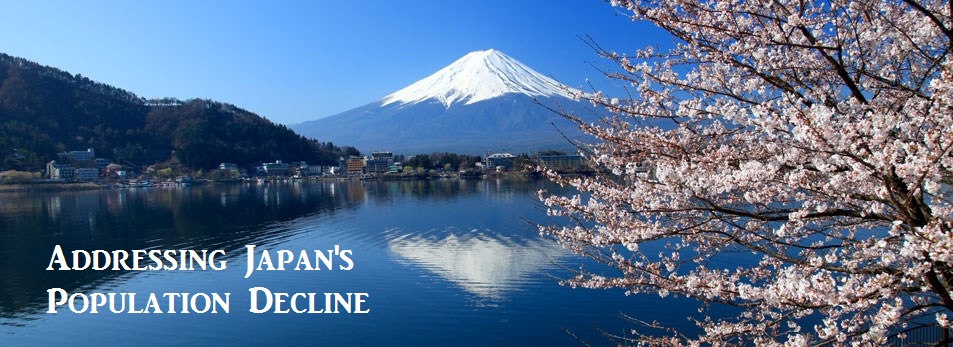Protecting the Environment the Natural Way – James G. Carrier
In order to address the area of green consumerism, Carrier looks into the ethics of what drives consumers to purchase into commodities, whether it be material or experiential. Carrier heavily references Marx’s term of commodity fetishism, a term I was not familiar with prior to this reading. Carrier uses a general definition of commodity fetishism and his ideas of ethical consumption to explain how markets and the economy end up masking the true makings of a product. Essentially, he explains the notion of greenwashing and perpetuating an image that is supposed to entail the product being sold to the moral consumer. This façade isn’t to say that the marketing is lying, but has been engineered to allow people to make a split decision for the better, despite their true living habits. Finally, Carrier emphasizes that this fetishisation happens within the environment itself, particularly in ecotourism and national parks which end up commoditizing nature. This ends up having negative impacts to the environment it is intending to protect by attracting attention at harmful volumes. To circulate the conversation back to Japan and the perception of the environment, I was brought back to Masatsuga’s article. It was stated that the Japanese love of nature might just be a love for purifying, rather than preserving. This might be the case for certain Japanese traditions, such as the cherry blossom festival, which draws in millions of visitors each spring. Some criticize that this emphasis of the environment in certain seasons is not as environmentally sound as it seems. (Mastsuga 2000) This article was thought provoking and slightly painful because I fit under the category of moral consumers who enjoy environmental based travelling. While I understand the impact of travel, I also cannot part with the aesthetic and fulfillment it brings. Carrier believes that the fulfillment can be found through alternatives that are more available.
From Antipode, vol. 42, issue 3 (2010): 672–689. © 2010 The Author Journal compilation © 2010 Editorial Board of Antipode. Used by permission of John Wiley and Sons.
